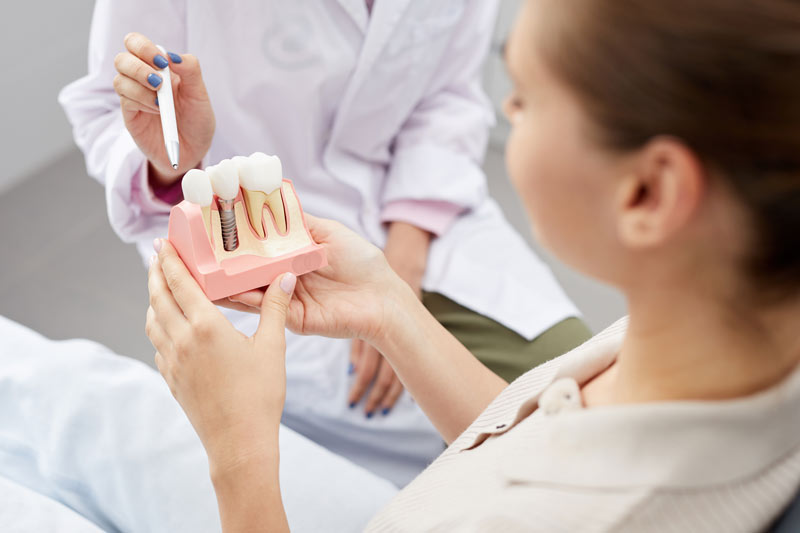EMAX
Ivoclar Vivadent's patented lithium disilicate material is truly a revolution for the dental industry. Never before has a material been able to combine high strength, high aesthetics and ease of use into one product, until now. IPS e.max is a lithium disilicate glass ceramic that has optimized translucency, durability and strength for full anatomical restorations. Due to the use of new technologies and optimized processing parameters, IPS e.max lithium disilicate has evolved beyond previously available lithium disilicate ceramics. Indeed, compared to other glass-ceramics, demonstrates a strength that is 2.5 to 3 times higher. IPS e.max lithium disilicate restorations exhibit superior durability featuring 360-400 MPa of flexural strength. When fabricated to full-contour, the monolithic structure is the most robust ceramic system tested to date. The opalescence, translucency and light diffusion properties of IPS e.max lithium disilicate were all designed to replicate natural tooth structure for beauty and undetectable restorations.
Zirconia
Zirconia is the strongest crown material on the market today. The Zirconia material typically used by most manufacturers is atetragonal polycrystalline zirconia, partially stabilized with yttrium oxide. Zirconia materials typically have strengths of over 900 MPa.
Porcelain Bonded to Metal
White porcelain bonded to a metal sub-structure. The metal gives strength whilst the porcelain gives the white colour. Not as natural looking as emax and gradia crowns. The metal substructure may be non – precious or precious metal depending on the patient's choice. Precious metal is generally preferable as it is more biocompatible with the gingival (gums) leading to less inflammation and is less prone to corrosion. The weak point here is the bond between the porcelain and metal, and over time the porcelain breaks off the metal. Also, as gums recede with age, a black line may be seen above the crown and this leads to unsightly smile. This blackness is the metal in the crown. This does not occur with all porcelain/ceramic crowns.










